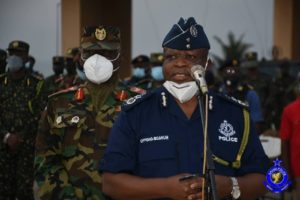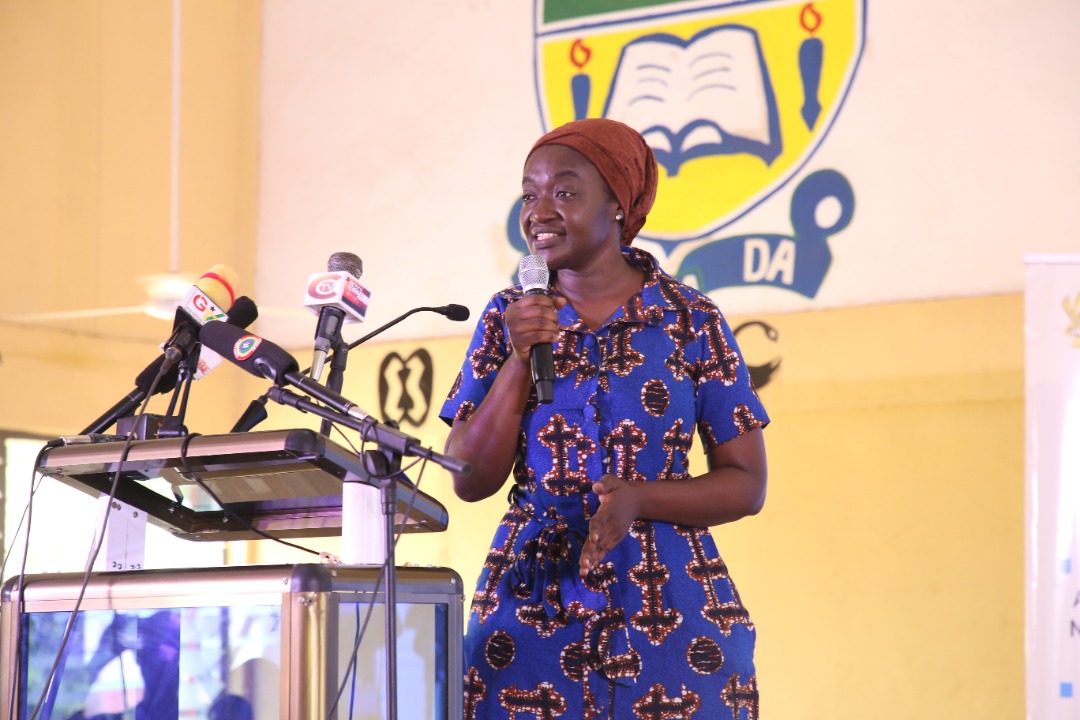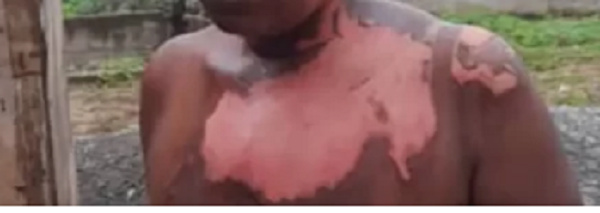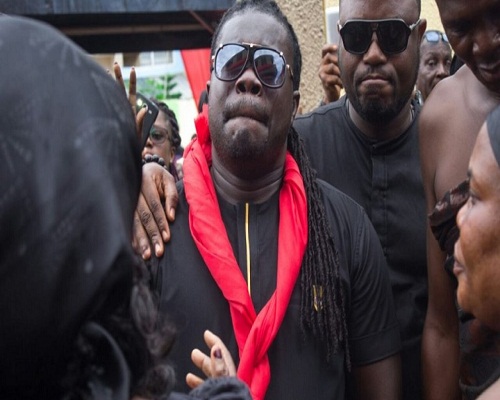Lives of children in Bonsa swim in ‘galamsey’ mercury polluted rivers
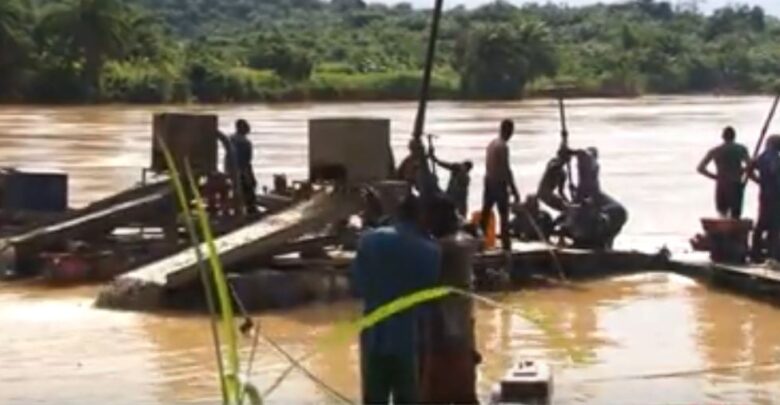
The Bonsa River in the village of Esuoso, found in the Eastern Region is ground zero for Ghana’s battle against illegal mining.
The water body is dotted with locally assembled dredging machines digging up gold from the water bed while the waste, goes back into the river.
To get the gold from the mud, the miners use mercury – a poisonous chemical that could cause long term damage to the body.
Three years of a government ban on illegal mining activities also known as ‘galamsey’ did very little to scare them.
In Esuoso, the river is a mining den but several kilometers downstream in Bonsa, it is a swimming pool mainly for children.
With Covid-19 lockdowns and school closures, these school children take to the river to while away time.
“We swim in the water when the weather is hot and also when we want to get clean,” one of the children said.
However, she added that “when the water turns red, it makes us fall sick. And our urine looks red.”
She blames it on the illegal mining activities upstream.
Another boy who hopes to be an international winner in the future says this dream may be a mirage because the redness of the river causes burning sensations in his penis.
But Public health consultant Dr Promise Sefogah is unclear about the linkages between mercury and blood in the urine. He, however, explained that children who often play in surface water susceptible to schistosomiasis bilharzia.
“That parasite goes to affect the bladder. It’s the common cause of blood in the urine.
“What exposure to mercury over a long time does to these children is, it leads to intellectual speech impairment and memory loss.”
As the country struggles to grip over galamsey, the deadly effects it leaves in its wake continues to worsen. The children of Bonsa continue to swim in waters it leaves behind, putting their lives on the line.

